Home care tailored to you
We don’t do one-size-fits-all solutions. Our Care Professionals are committed to providing fully tailored services that are always ready to adapt to the changing needs of your loved one.
By taking the time to listen, our award-winning home carers can turn your challenges into opportunities, and tailor care to your family’s needs with a personalised plan that’s right for you, so you can live life better in your own home.

Home Care Services
Home Care

Specialist Care

Health & Complex Care
Available in select locations

Live-in Care in your own home

Our home carers help you make an informed, compassionate choice.
We help you make informed, compassionate choices, so you feel confident designing your own care journey with your loved one’s preferences in mind.
Whether you need a couple of hours of companionship care once a week, regular specialist dementia care to keep your loved one socially and mentally stimulated, or overnight respite during end-of-life care, we can help create a bespoke, adaptable, person-centred care plan that meets even the most unique needs.
For nearly 20 years, our home carers have been supporting families just like yours. No matter your situation, we have experience helping people all over the country to find personalised elderly home care solutions that work for them, so they can prioritise quality time with their loved one.

Get in touch today to
see how we can help
Discover more
How it works
We can work quickly to find a solution that helps you get started on your care journey without delay, but don’t worry, the decisions you make now can be adapted as your loved one’s needs change. Reach out to learn how our flexible care could help make things easier straight away.Discover more
What We Do
Our hand-picked home carers offer flexible, personalised elderly home care based on your individual needs. All our care services are also simple, hassle-free and great value, with clear and transparent costs so you’re always in control.Discover more
Guides

The benefits of home care vs a care home
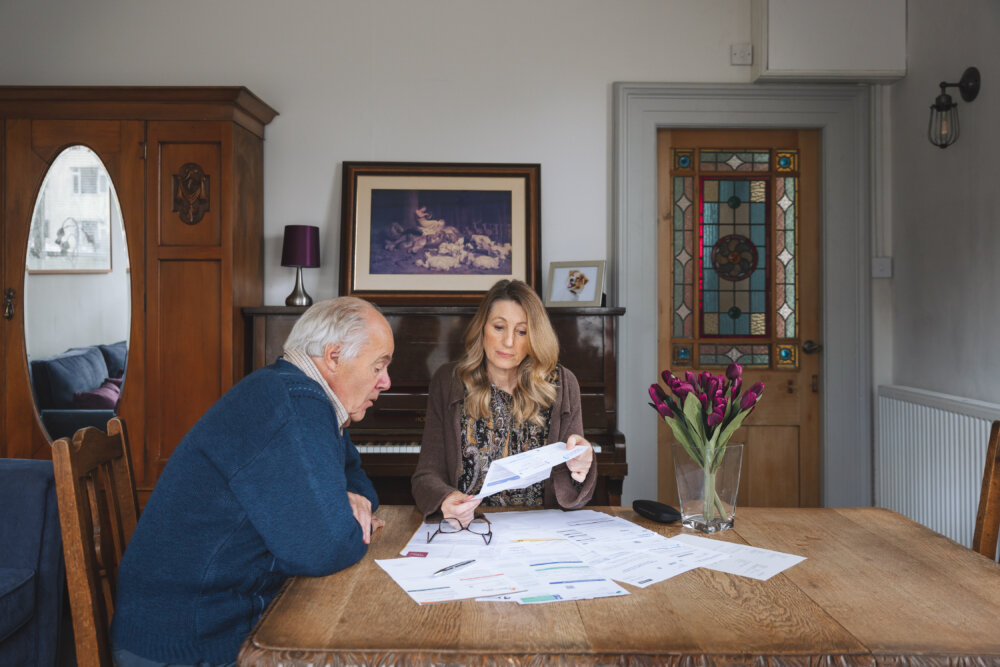
How to choose and arrange home care services
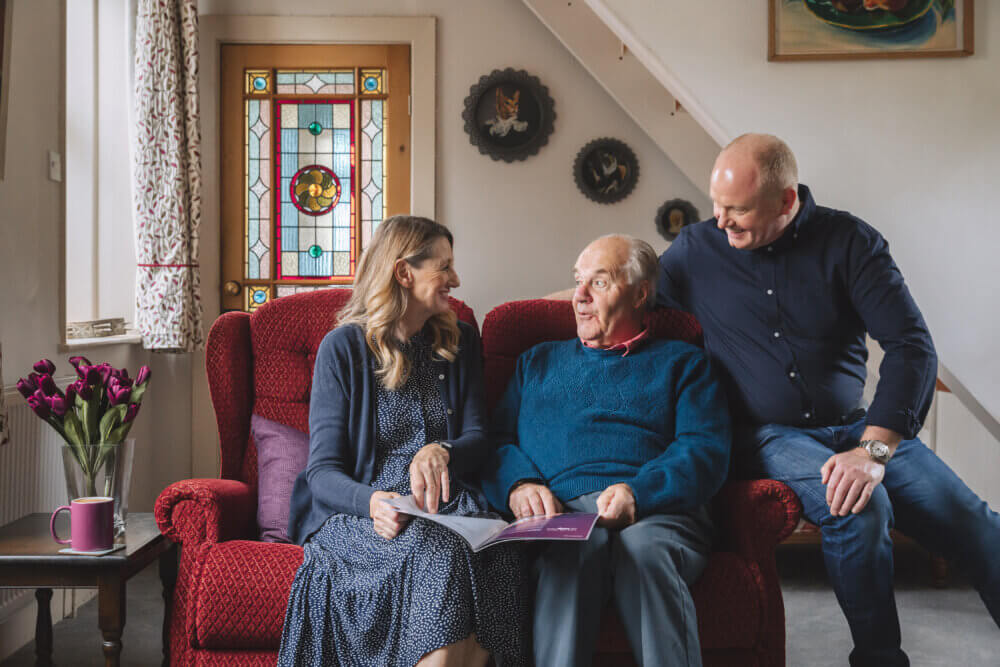
Do I need a carer? How to tell if you or a loved one needs support
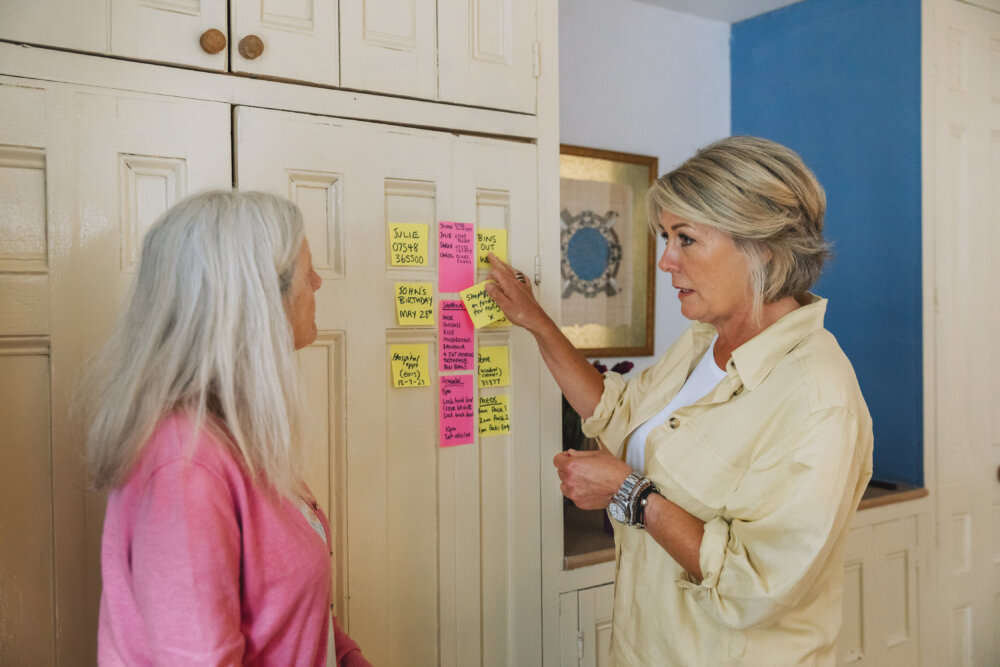
The care needs assessment

All about the care plan

The care discussion: How to handle an elderly relative refusing care
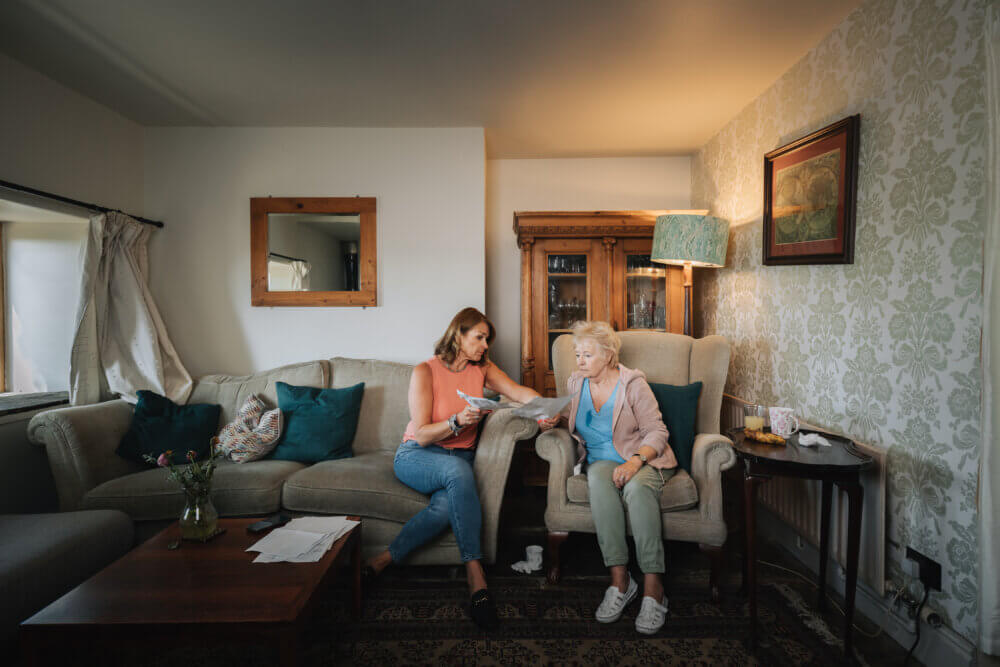
Paying for care: who pays what?

The why & how of home care
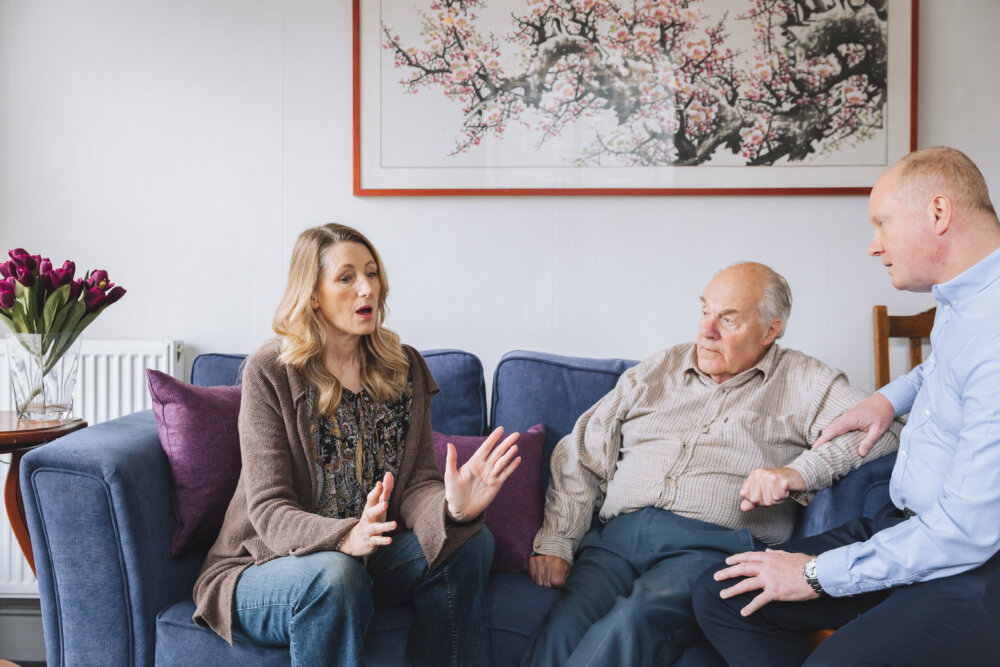
Assessing needs & having the "care conversation"

Why care at home

How to care for ageing parents
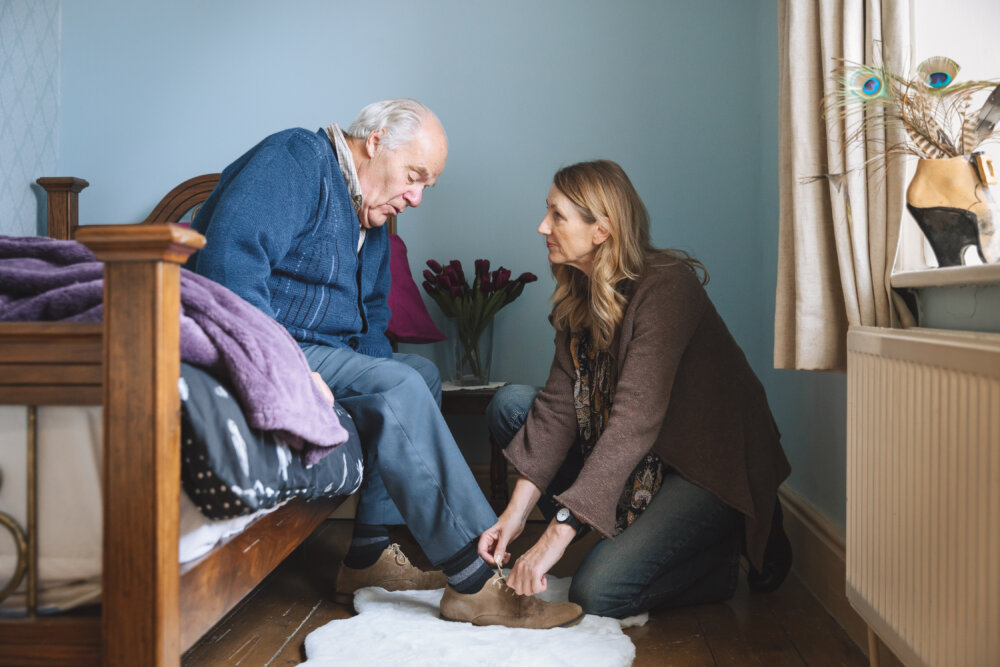
Becoming a full-time carer for a family member

Introductory agencies vs managed live-In care providers

Easier medication management using blister packs

Spotting and caring for UTIs in the elderly

Handling COVID, colds and flu in older adults

How often should the elderly get an eye test?

Visiting Care

Long term care

Care for the blind at home

Assisted living

Community care

What is a home carer?

Home care packages

Elderly sitting services

An ideal 7-day meal plan for elderly adults

Elderly disability care at home

Adult care at home for the elderly

Regulated care agency

What's the difference between a care home and nursing home?

Why choose a private carer in London? The essential guide

Elderly parents needing help

CHC Case Management

How to find the best private carer

What is emergency home care?

Carer supported holidays

Alternatives to care homes

Where can I get help for my elderly parents?

Lifting aids for the elderly at home

Father’s day activities for the elderly

Mother’s day activities for the elderly

Elderly assistive devices

Recommended room temperatures for the elderly

Alternatives to a care home

Private Home Care

Care home or home care: a comparison of elderly care options

10 signs your elderly parent needs help at home

The best savings accounts for over 60s

Informal care for older adults at home

How to deal with challenging behaviour in elderly parents

Hidden disabilities in the elderly

What is the Minimum Income Guarantee?






